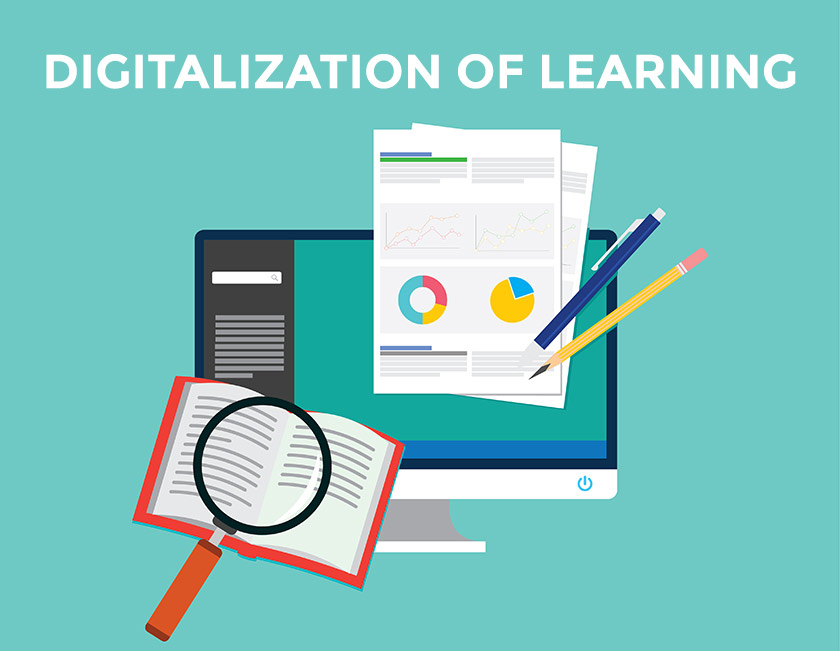Digitalization is now a phenomenon which is encompassing every aspect of our lives including both work, leisure and also education. Traditionally in the beginning of human society man taught his fellow man orally which required direct in person contact between both the one teaching and the one being taught. Then later as man developed, parchments and books came about and in addition to physically being taught by someone people then had the ability to learn information by reading.
Despite the existence of books and written material for millenia to disseminate
knowledge, the role of the teacher has never become obselete including in the context of post-high school education. However in an increasingly more digital world where more and more things are going online education too is changing. The question is how long will a lot of learning stay “offline” that is “in person”?
Primary and secondary education
It is highly likely that traditional primary and secondary/ high school education will remain ‘offline’ due in part to the fact that apart from merely ‘educating’ children the education system has a more holistic goal in developing someone who is also a citizen, someone able to interact with others, develop a child’s physical abilities and so forth. Alot of this requires
real physical contact and interaction with other children.
Tertiary and adult education.
The fundamental difference between tertiary education and the stages of education that precede it is that tertiary education is in most countries not a legal obligation. Here in the United Kingdom a young person is able to choose what they wish to do after the age of 16 when compuslory education finishes for them. Further education colleges thus have to adapt their courses in order to ensure that they are attractive for such people whereas this sort of pressure or dynamic is less in pre-tertiary education. There are various benefits of online education in contrast to offline education:
- No need to travel: Depending on how far the school/college/centre is from the student this can eliminate a few or even more hours of travelling and commuting and that time could perhaps be utilized more effectively. This point becomes even more relevant and important when we are talking about doing a course from another country.
- Reduces paper: The reduction in the usage of paper is thus enviromentally more friendly and also all information can be stored permanently whereas sometimes in some small centres copies of books can go missing thus causing a temporary or permanent (if the book cannot be replaced) absence of particular educational material.
- No limits on class sizes: It can be difficult to accommodate a certain number of students in a particular centre but this is not an issue with online education.
However there are also benefits in terms of traditional, “offline”, in-person education which include amongst other things the ability to socialise with others. This is particularly important for young people who in addition to merely learning new things also want to enrich their lives by, for instance, living in a different city to their own, meeting new people, forming new friendships with people from different backgrounds, all things without which could make a person’s life experience much poorer. Then there is also, it is argued the greater individualised personal attention that can be
provided in in person education.
Change is ironically a constant, and one thing is certain the education sector cannot stay stagnate and not adapt to the wider changes in society and technology. Online, digital education is increasing year by year. Many countries around the world provide school children with free tablets with which to learn their subjects, the internet is a vast resource able to provide answers to all sorts of conceivable questions. It will be interesting to see how universities, schools and other educational centres deal with the digitalization of education. Please feel free to leave your thoughts and comment below.
Thank you.

